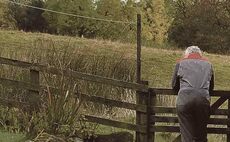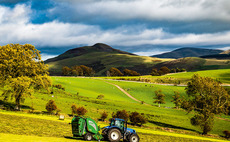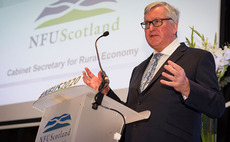Funding
Farm Business
While for the most part agriculture has avoided the worst effects of Covid-19, minds are certainly starting to focus on the breadth of change heading the industry’s way in 2021, namely Brexit and the shifting sands of farm support.
Arable
Industry leaders have warned farmers will face ‘major financial hardship’ during the transition away from direct payments, with Defra planning to maintain the income foregone payment model for the foreseeable future.
Farm Business
Chancellor Rishi Sunak’s spending review included a rise in the National Living Wage to £8.91 per hour
Arable
Ministers from the devolved nations have called for assurances that all EU funding for the countryside will be fully replaced, after it emerged Treasury proposals would see rural budgets slashed by more than £455m.
Arable
The UK’s internal market will not be distorted if Scottish farmers keep their direct payments after Brexit, Defra Secretary George Eustice has said.
Arable
If the past few months have taught us anything, it’s that the safe, reliable supply of sustainable food is important to the public. Welsh Government would be wise to recognise food production as a public good, says NFU Cymru president John Davies.
Arable
Food defence ought to be number one on the Government’s priority list during this pandemic, but the new Ten Point Plan for a Green Industrial Revolution does not even include agri-food, says Tim Lang, professor of food policy at City, University of London.
Arable
There is no comparison to the UK’s food system in 2020 and the 1800s Corn Laws, and free traders are doing us all a disservice by denying this fact, says arable farmer and NFU Sugar Board member Tom Clarke.
Farm Business
The Scottish Government has laid out its new regulations for farming ahead of the end of the EU Transition period on December 31.
Arable
Scottish farmers look set to keep some form of direct payment beyond 2024, after Rural Economy Secretary Fergus Ewing mounted a passionate defence of income support at the virtual AgriScot conference.


 27 November 2020
•
2 min read
27 November 2020
•
2 min read









